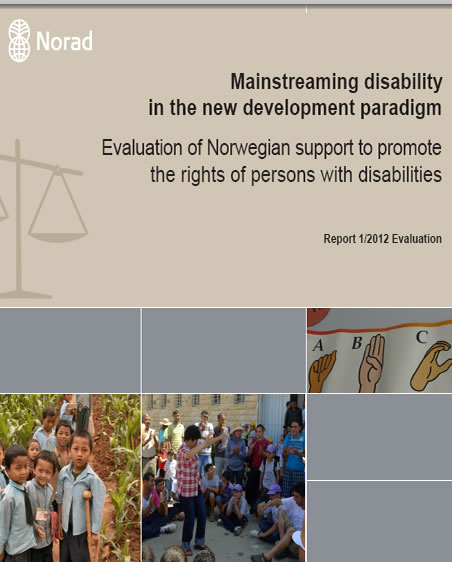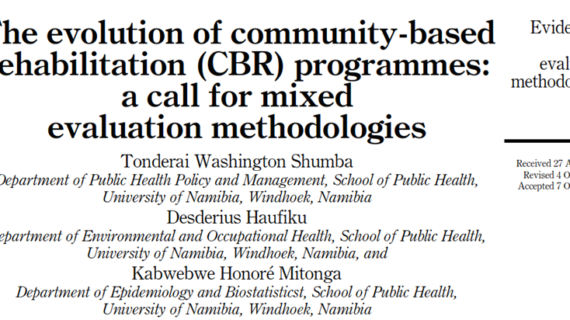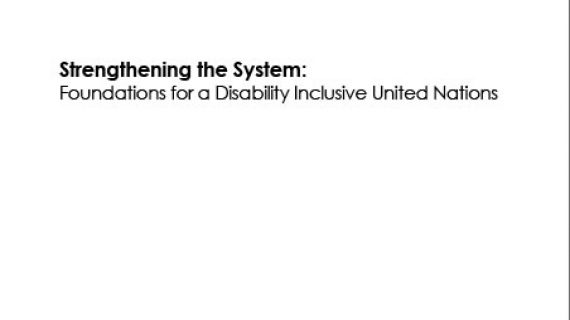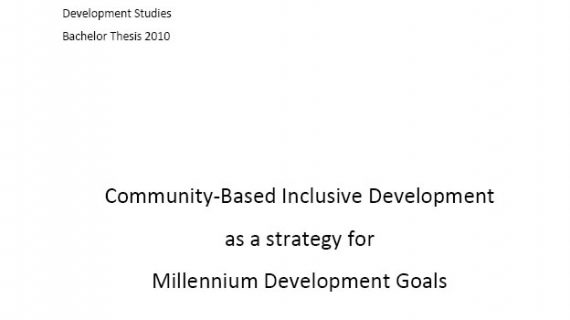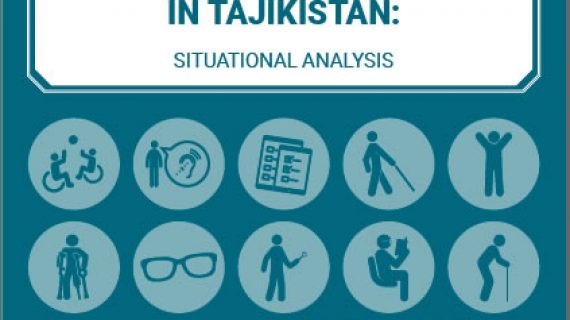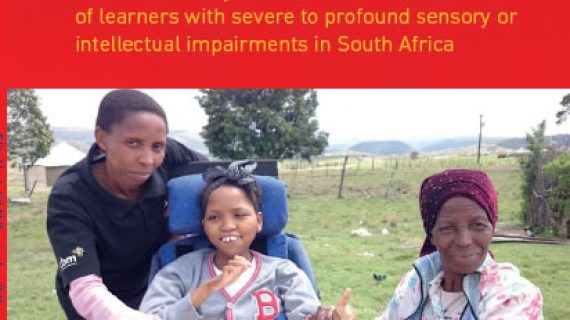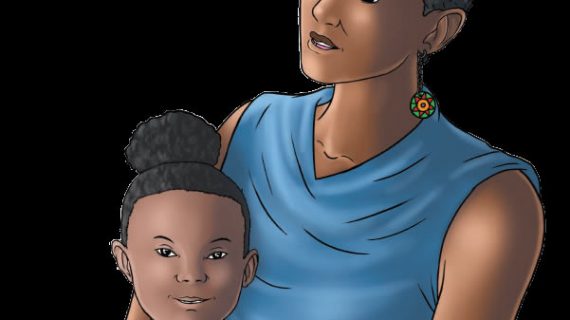Mainstreaming disability in the new development paradigm
Evaluation of Norwegian support to promote the rights of persons with disabilities.
Persons with disabilities do not make up a small, insignificant group. As much as one out of seven (15%), or more than one billion women, men and children live with a disability according to the World Report on Disability, 2011. Most of them live in developing countries, excluded from health, education, social, economic, political and cultural opportunities. Between 110 and 190 million people experience very significant limitations. The prevalence of disability is increasing due to population ageing, the global increase in chronic health problems, but also negative impact on health from environment, road traffic accidents, natural disasters, conflict, and unhealthy life style. Having a society, where everybody can participate and contribute is not only a human right but it is also good for economic growth and poverty reduction.
During the last decade these facts have started to influence development programs. The approach to disability has changed from a medical/welfare approach focusing only on individual impairments – to a social and a human rights-based approach where focus is on removing barriers in society and investing in Universal Design.
This paradigm shift has been underpinned by the process of drafting and adopting a UN Convention on the Rights of Persons with Disabilities (hereafter: CRPD or simply the Convention). In this Convention, the rights of persons with disabilities have been given a solid international basis and framework. The new approach to disability is now being reflected in policies and strategies of many development agencies and national governments, although implementation still remains a challenge.
Norway along with the other Nordic countries, were pioneers in establishing a framework for including and mainstreaming disability in development cooperation more than ten years ago. The Norwegian Ministry of Foreign Affairs approved a Plan for inclusion of persons with disabilities in development, and Norad produced a set of Guidelines with the same purpose. Norway also participated actively in the process of drafting the Convention, signed it in 2007 and is now in the process of preparing for ratification.
On that backdrop Norad’s Evaluation Department initiated the current evaluation to take a critical look at how the paradigm shift has been translated into practice and funded by Norway. The purpose of the Evaluation was two-fold:

